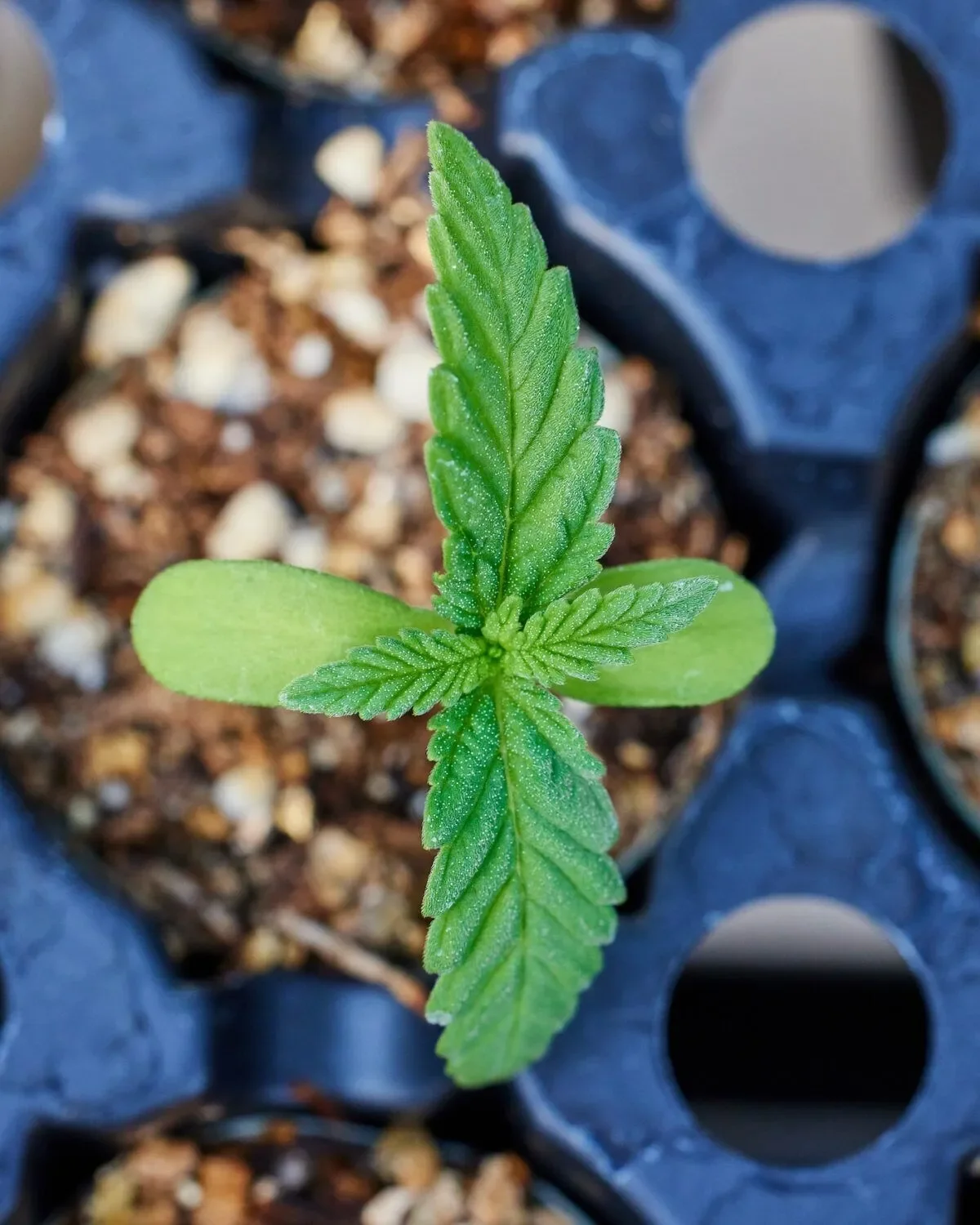Yes, weed is apparently the broadly hippest current term for marijuana, that venerable fount of slang. "Marijuana" is an anglicized, which means the conversion into an English form, term of the Spanish words "marihuana" or "marijguana," which identify the cannabis plant. The English knew this plant as "hemp." According to the Oxford English Dictionary, the debate over the use of the drug in the US in the 1930s attributed to "marijuana" being the “exotic alternative to the familiar words hemp and cannabis.”
Because of the controversy surrounding marijuana during that era, many other slang terms were birthed around the same time. American Speech included ‘weed’ in 1929’s “Among the New Words,” defined as a “marijuana cigarette.” Just a few years later, the Chicago Defender reported using the word "reefer." And we can all remember 1936’s Reefer Madness to illustrate that history.
In Google Books searches confined to 2013 publications, smoke marijuana pops up 69 times, smoke pot 94 times, and smoke weed 149 times.Why the recent weed dominance? It seems clear to me that it's a generational thing. In the 1990s, a new generation of users wanted to distance themselves from their parents' dope or pot (the latter dates from the 1930s and apparently originated in African-American slang). Weed was already in the lexicon, and provided a nice implicit variation on the hippie-ish grass.
So which term is the most popular nowadays? According to the Google chart displaying the frequency of various cannabis slang terms used in American publications in the past 50 years, "weed" is the only term to actually be increasing in recent use. (=Also interesting is how rapid the rise in popularity of "pot" and "marijuana" were in the 1960s. To back that claim, in a Google Books search on the year 2013, results used the term "smoke marijuana" 69 times, "smoke pot" 94 times, and "smoke weed" 149 times. Not to mention that Urban Dictionary has over 225 separate definitions for just "weed." Slate attributes the popularity of "weed’ over other slang terms to how casual the word is, since it has already has another meaning as well – those unwanted plants in your yard. Using "weed" is simple and easy compared to "cannabis" or "ganja." Also contributing is a generational evolution, “In the 1990s, a new generation of users wanted to distance themselves from their parents’ dope or pot.
To read more about the etymology of cannabis slang, here are the links to the original HighTimes and Slate articles.
And here is the link to Leafly's Glossary of Cannabis Terms.





